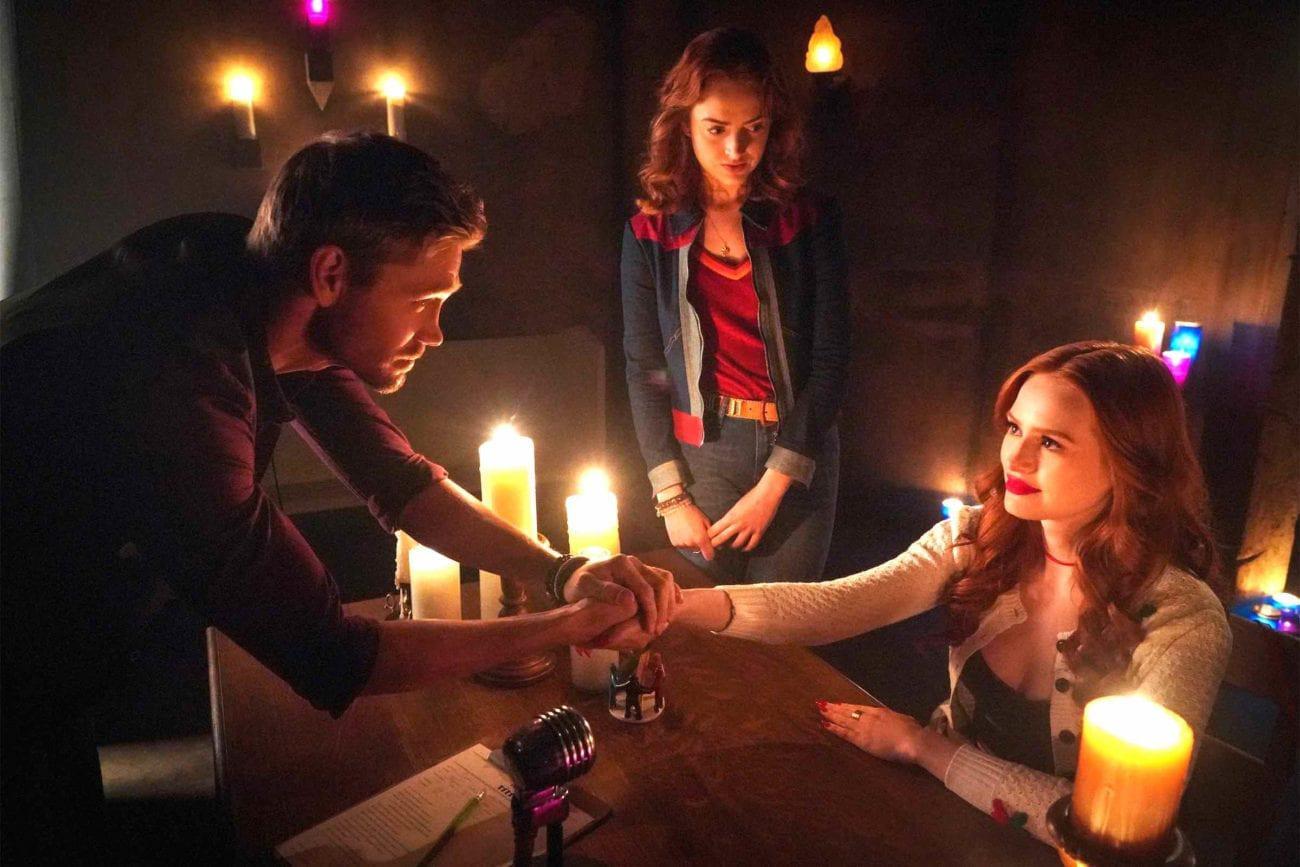‘Oldboy’ American version cheapens Korean original
By Patrick Vaillancourt, News Editor
2/5
Leave it to Hollywood to take a masterpiece from a foreign land and tarnish its good name. While it makes perfect business sense to attract a North American audience to a film using the name of a foreign classic, more often than not there are cultural and societal factors that are overlooked.
Such is the case with the American remake of the South Korean blockbuster film, Oldboy.
I’m not entirely sure it’s appropriate to call it a remake. Except for some small character details, the Spike Lee version of Oldboy is almost an exact replica of the Korean version played out in English. The opening 20 minutes of both films—where the titular character is in captivity for reasons unbeknownst to him or the viewing audience—are almost entirely identical.
There are some cultural elements that simply cannot be replicated in North American film culture. For example, the title character being held captive for 20 years without knowing what the punishment is for is not something that is easily understood by an American audience. In Korea—a developing country with a reputation for having a very brutal criminal underground—this kind of plot is easily believable, especially when you consider people being sold off as slaves to fishing boats without being heard from again.
The gratuitous violence inherent in Oldboy also was not something palatable with audiences on this side of the Pacific. While the remake was appropriately R-rated, the title character’s quest for vengeance in this movie is not something that the North American viewing public is used to seeing. The Lee remake of Oldboy doesn’t fall into a typical American genre, but is rather a hybrid between an action film and a horror story.
But enough with the subjective analysis of the film. Here are some raw numbers for you to consider.
The Korean original, directed by Park Chan-wook, had a budget of $3-million, a fraction of the American remake, said to be over $30-million. Park’s version of Oldboy made over $14-million, far surpassing the revenues generated by Lee’s version, which only generated $1.25 million over its five-day opening weekend.
The temptation for Hollywood to piggyback on the success of this Korean classic is certainly understandable, but a disastrous idea from start to finish. One can only hope that this American remake does not tarnish the value of the Korean original film.
There are great foreign films out there, and I think the differences between these two versions of Oldboy show that North American audiences should look to expand their horizons and get adventurous. While the film industry may be dominated by Hollywood, don’t be fooled into thinking that they have a monopoly on good ideas.


